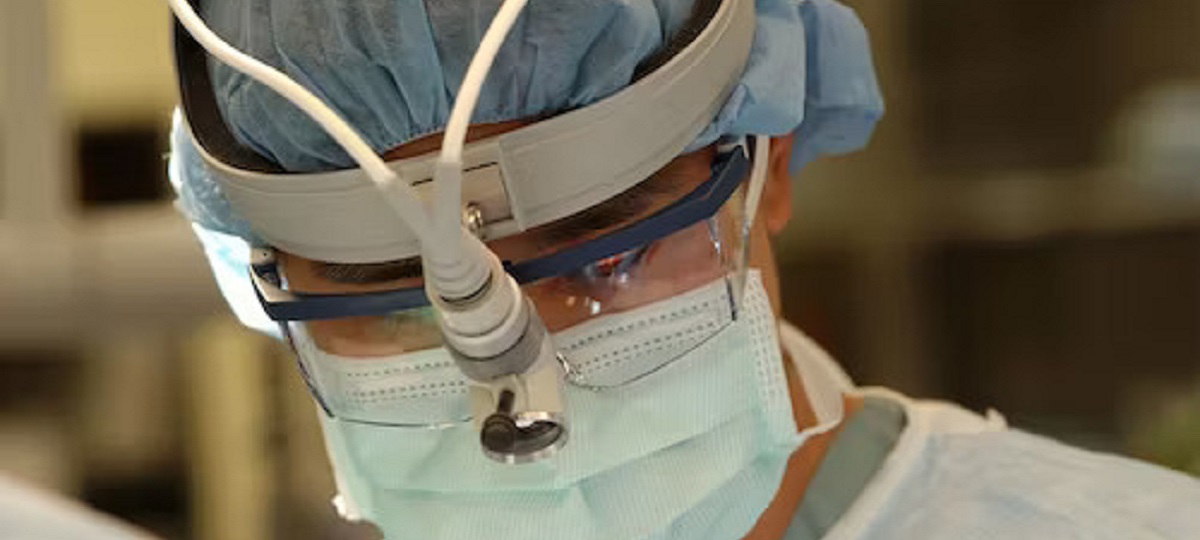Bowel cancer, another name for colorectal cancer, is a kind of cancer that originates in the colon or rectum. It affects both men and women and is the third most prevalent cancer globally. The goal of this page is to present a thorough review of colorectal cancer, including information on its causes, symptoms, diagnosis, available treatments, and preventative measures.
Causes of Colorectal Cancer
Numerous risk factors have been discovered for colorectal cancer, however the actual reason is frequently unknown. Growing older is associated with an increased risk, making age a crucial consideration. Risk factors may include Lynch syndrome and familial adenomatous polyposis (FAP), two genetic disorders, or a family history. The chance of having colon cancer has been associated with lifestyle variables such as eating a diet heavy in red or processed meats, poor in fiber, and deficient in fruits and vegetables; other risks include sedentary behavior, obesity, smoking, and copious amounts of alcohol.
Symptoms of Colorectal Cancer
It may present with various symptoms, and these can vary depending on the location and stage of the cancer. Early-stage colorectal cancer might not exhibit noticeable symptoms, but as the disease progresses, common signs may include:
- Changes in Bowel Habits: Persistent diarrhea or constipation, changes in stool consistency, or a feeling of incomplete evacuation.
- Blood in Stool: Rectal bleeding or blood in the stool can be indicative of colorectal cancer, and it should be promptly evaluated.
- Abdominal Discomfort: Cramps, gas, or pain in the abdomen, along with unexplained weight loss, may signal the presence of colorectal cancer.
- Fatigue and Weakness: Anemia resulting from chronic bleeding in the colon or rectum can lead to fatigue and weakness.
Diagnosis of Colorectal Cancer
The likelihood of a favorable outcome from colorectal cancer therapy is greatly increased with early identification. In order to find precancerous polyps or early-stage malignancy, screening techniques are essential. Standard diagnostic techniques consist of:
- Colonoscopy: This procedure involves the examination of the entire colon using a flexible tube with a camera. It allows for the removal of polyps and the biopsy of suspicious areas.
- Flexible Sigmoidoscopy: Similar to a colonoscopy, this test examines the lower part of the colon and rectum.
- Stool Tests: Fecal occult blood tests (FOBT) and fecal immunochemical tests (FIT) can detect blood in the stool, which may indicate colorectal cancer.
- Imaging Studies: CT scans, MRI scans, and X-rays may be used to visualize the colon and surrounding structures, helping determine the extent of the cancer.
Treatment
The treatment depends on factors such as the stage of the cancer, its location, and the patient’s overall health. Common treatment options include:
- Surgery: In order to treat colorectal cancer, the tumor must be surgically removed. This might include removing the whole colon, or in more severe situations, just a piece of the colon or rectum.
- Chemotherapy: Chemotherapy uses drugs to kill cancer cells or stop their growth. It can be administered before or after surgery or as the main treatment for advanced cases.
- Radiation Therapy: With this treatment, cancer cells are targeted and killed by high-energy radiation. It can be used to reduce tumor size before to surgery or to eradicate any cancer cells that may persist after surgery.
- Targeted Therapy: Interfering with certain molecules involved in the development of cancer is how targeted therapies function. These treatments are frequently combined with other forms of care.
Prevention of Colorectal Cancer
While some risk factors, such as age and family history, cannot be controlled, there are several lifestyle changes and preventive measures that can reduce the risk:
- Healthy Diet: Adopting a diet rich in fruits, vegetables, and whole grains while minimizing red and processed meats can contribute to a lower risk of colorectal cancer.
- Regular Exercise: Frequent physical exercise has been linked to a lower risk of colorectal cancer. Try to get in at least 150 minutes a week of moderate-to-intense activity.
- Maintain a Healthy Weight: Obesity and excess weight are established risk factors for colorectal cancer. It’s critical to maintain a healthy weight with regular exercise and a balanced diet.
- Limit Alcohol Consumption: An elevated risk of cancer has been associated with excessive alcohol use. It is best to either reduce or completely avoid alcohol.
- Quit Smoking: Numerous malignancies, including colorectal cancer, are predisposed to by smoking. Giving up smoking can lower the risk of cancer and greatly enhance general health.
Conclusion
It is a significant health concern, but with early detection and advances in treatment, the outlook for patients has improved. Regular screenings, a healthy lifestyle, and awareness of potential symptoms are essential in the prevention and early detection. By understanding the causes, symptoms, diagnosis, treatment options, and preventive measures, individuals can take proactive steps to reduce their risk and promote overall colorectal health.
Visit here for more treatment : Pregnancy | Gallstones
